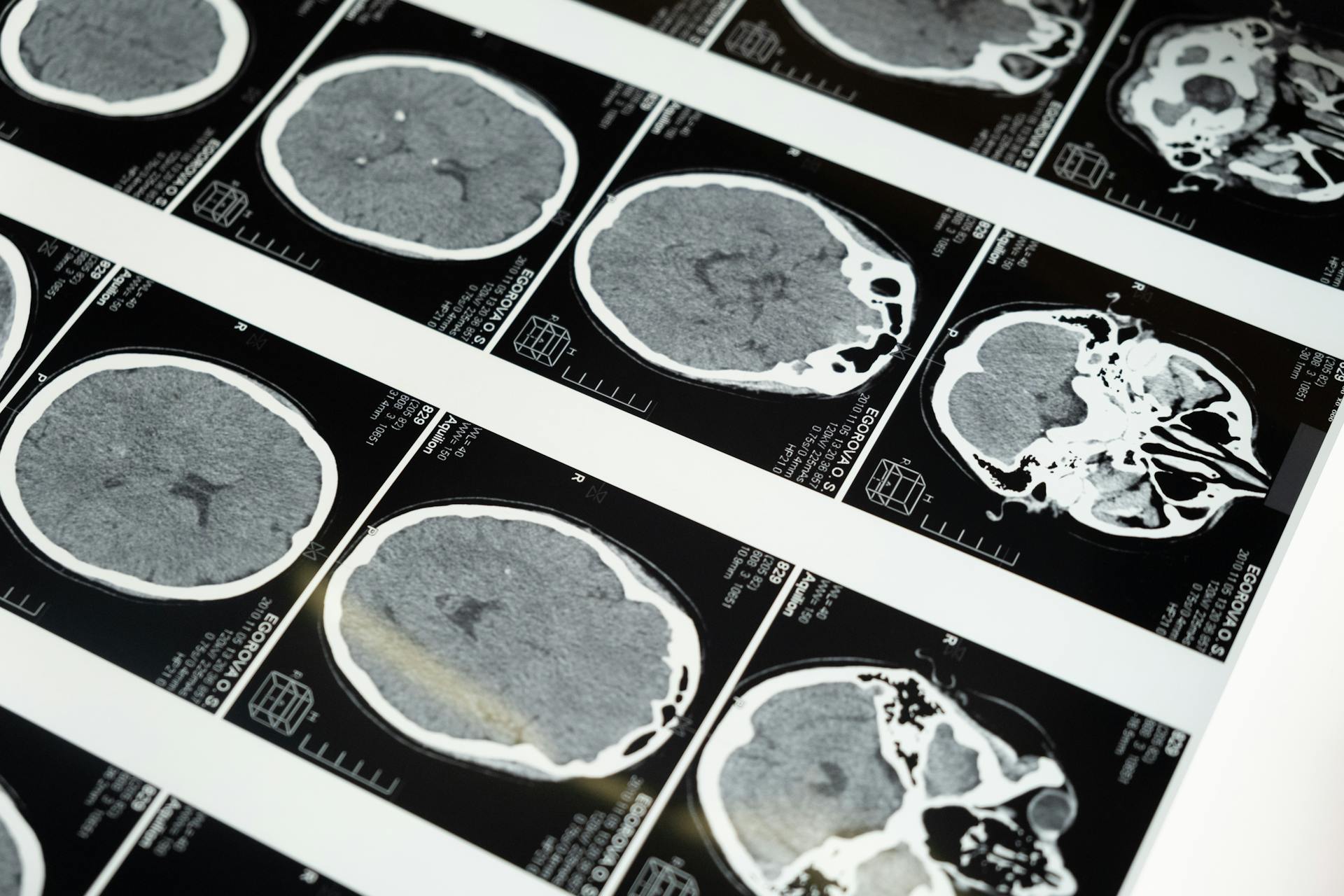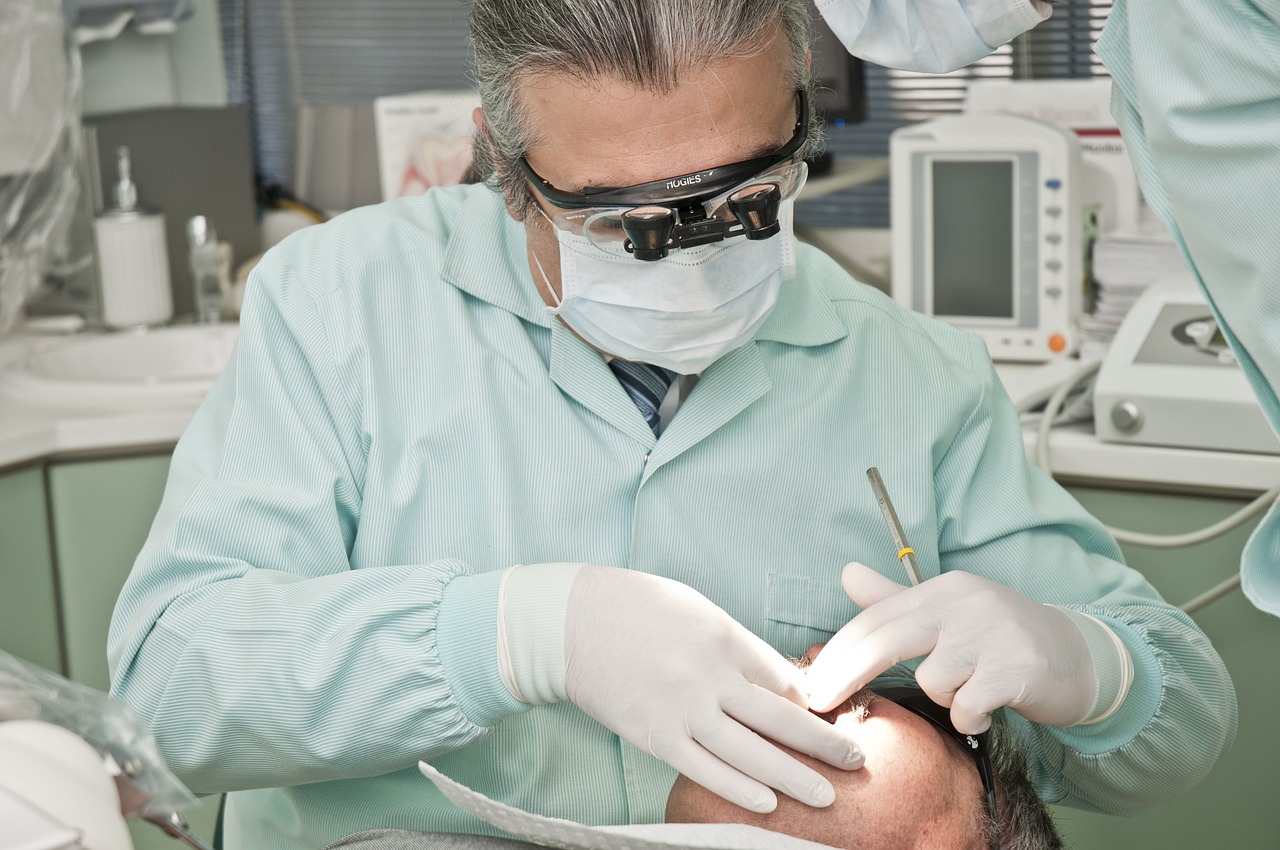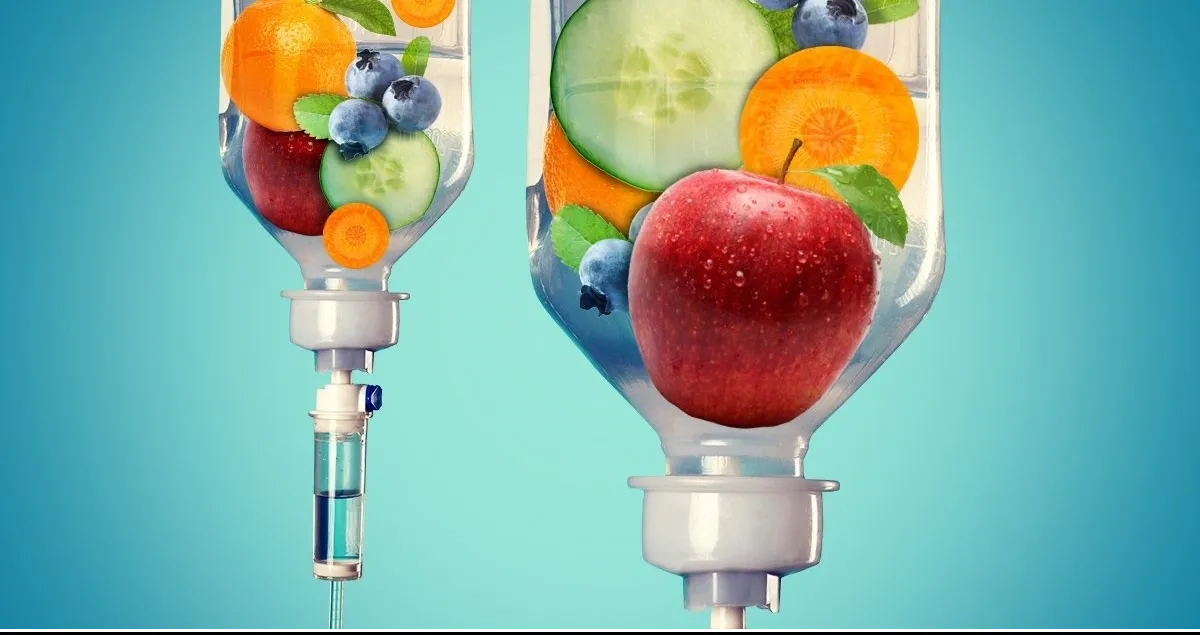Addiction isn’t a condition that just affects your behavior; it also affects your brain and body. Therefore, to recover from addiction, it’s not enough to simply quit using substances. Your brain also has to undergo certain changes to detox and recuperate. Knowing how the brain heals from addiction can help throw light on the science underlying the sobriety journey and offer you important insights into the recovery process. In addition, it’s important to note that help is available. The state with the highest success rate in drug rehab is Florida, with approximately 70% of all those entering treatment programs completing their program. Continue reading
Category Archives: Definitions
How To Cope With the Psychological Symptoms of Suboxone Withdrawal
Suboxone is a medicine prescribed to treat opioid use disorder. But in recent times, it has gained a poor reputation for contributing to severe side effects, such as dental damage and decay. Many patients have had to undergo costly dental repair surgery to treat the gum and tooth issues they faced. But the side effects aren’t just limited to physical symptoms. It affects the mind as well, which makes it challenging for patients to cope. In this article, we will discuss how Suboxone affects the mind and how to manage the symptoms of withdrawal. Continue reading
Efficiency Hacks for Graduate Students in Psychology
Graduate school in psychology can be a demanding journey. The constant stream of research, coursework, and clinical practice requires effective strategies to stay organized and productive. Here are some practical tips to help you navigate your graduate studies more efficiently. Continue reading
What are The Different Phases of EMDR Therapy?
EMDR therapy, also known as Eye Movement Desensitization and Reprocessing therapy, is an integrative and all-inclusive psychotherapy model used to treat mental conditions and trauma. This approach has been researched extensively in recent years and confirmed to be an effective way to tackle mental challenges. Continue reading
How Innovations in Dental Services Transform Patient Care and Improve Mental Health
Health experts agree that there is a clear connection between an individual’s dental health and mental health. But although this fact is supported by a number of clinical studies, it is rarely explored or discussed among health professionals. A person with poor oral health may experience bad breath, tooth loss, compromised speech and other symptoms that have a negative impact on his or her self-esteem, confidence, mood, and level of anxiety. However, recent innovations in dental services may help people to access better dental health care, improve their quality of life, and alleviate certain mental health concerns. Continue reading
Exploring the Impact of IV Nutrition Therapy on Mental Health
Many people who want to be healthy often try to eat a balanced diet and get regular exercise. However, most foods today simply do not contain the nutrition they did in the past. If your goal is to improve your physical and mental health, your body may still require essential nutrients. Continue reading







